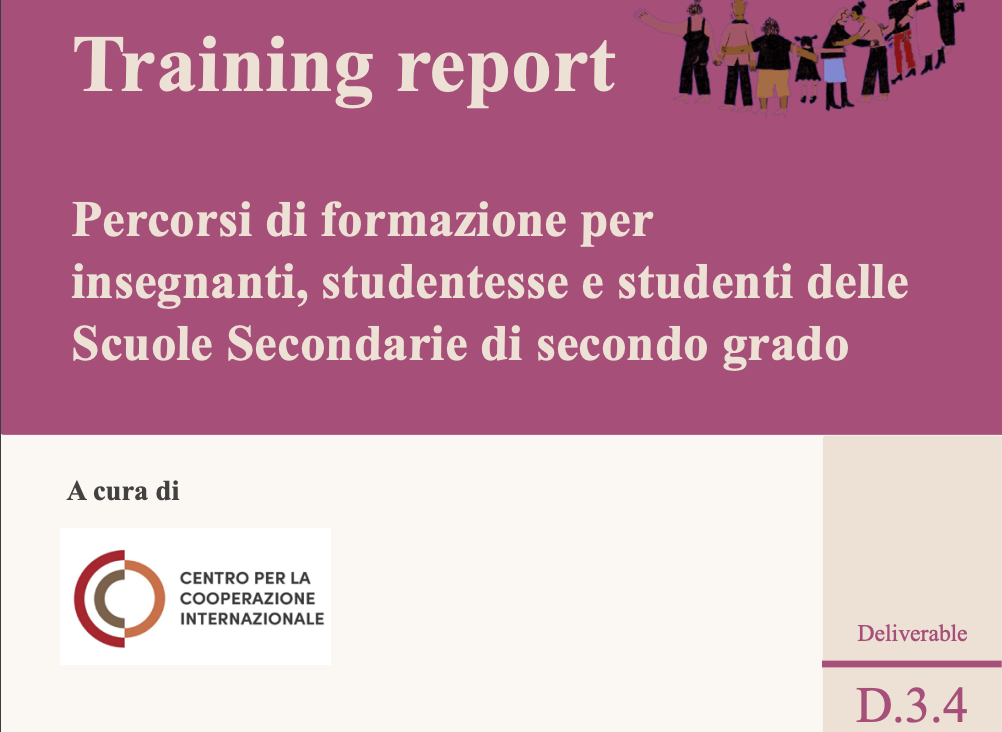
.The concept of intersectionality has significant implications in education for […]
The concept of intersectionality has significant implications in education for the promotion of social justice. The concept of internationality has significant implications in education and training. An intersectional approach fosters an awareness of the complexity of individual identities and trajectories; provides tools for analysing the context in relation to global and local systems of power; illuminates the blind spots, highlighting the specificities of each individual discriminatory situation; voices the perspectives and experience of people belonging to minority groups; and strengthens the ability to be agents of change towards greater social justice. Intersectional training in adult education is grounded in approaches of Paulo Freire’s pedagogy, feminist critical pedagogy and experiential learning. The training for secondary school teachers was delivered between February and March 2022: the work in the training environment is crucial in bringing out the dynamics of oppression and privilege that are also found within this sensitive area. The training of teachers who work with adolescents on a daily basis makes it possible to work on concepts central to intersectionality, such as those of identity, civic awareness and activation, development of critical thinking and community building. It is precisely the approach of the ‘classroom as a small community’ that has made it possible to take a broader look at social dynamics, highlighting the recurring elements of discrimination and attempting to analyse their intersectional nature, always starting from an experiential approach and the methodologies of Global Citizenship Education, an element of the Centro per la Cooperazione Internazionale’s consolidated expertise. The workshops for 290 secondary school students were taken to 15 classrooms between April and November 2022. The workshops aimed to raise awareness about the lack of equal opportunities in society through roleplay activity and critical analysis of media narratives. There was a strong engagement of the students, thanks to the experiential learning approach that proves effective in addressing this issue. By living the experience, the students understood the complexity of the intersectional approach and developed citizenship skills that were assessed within the civic education curriculum and validated by the Class Councils (Consigli di Classe).
Full text in Italian.


